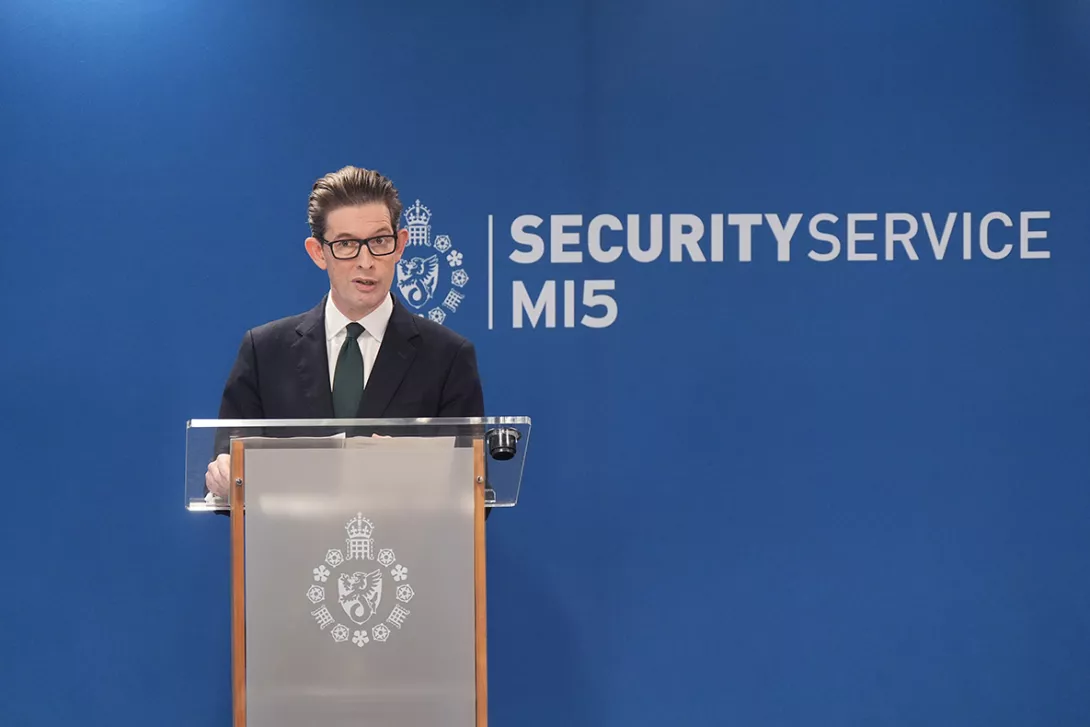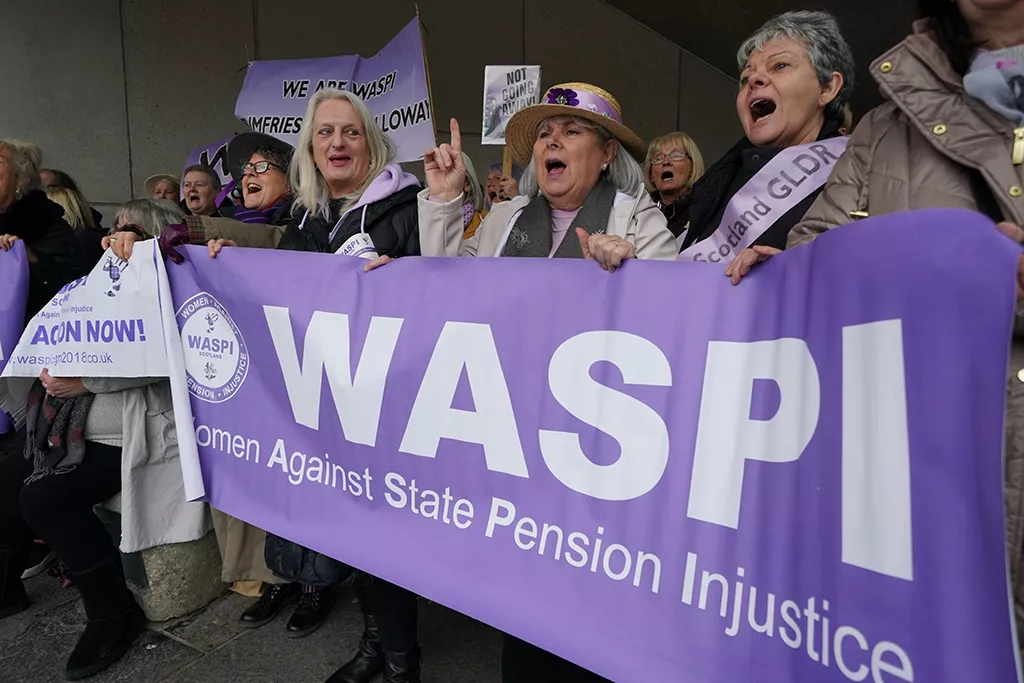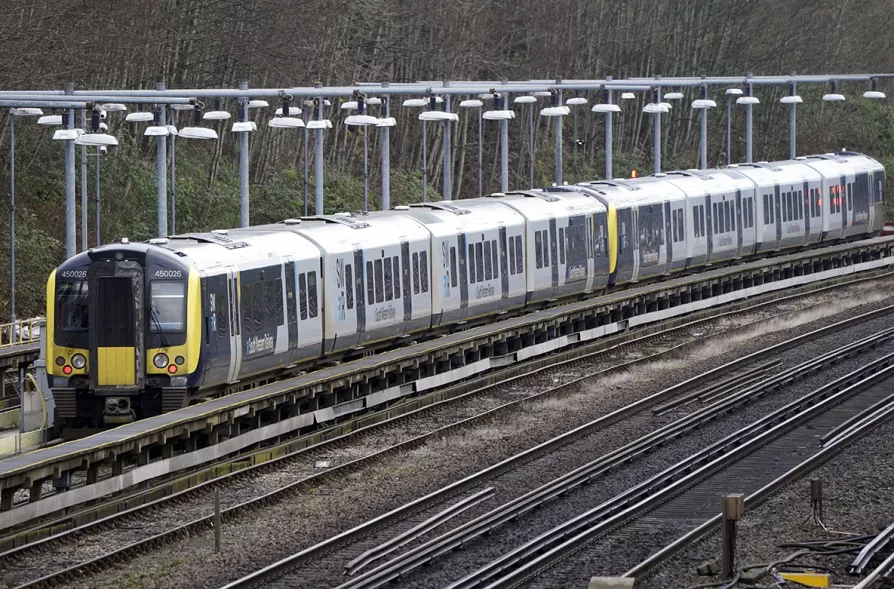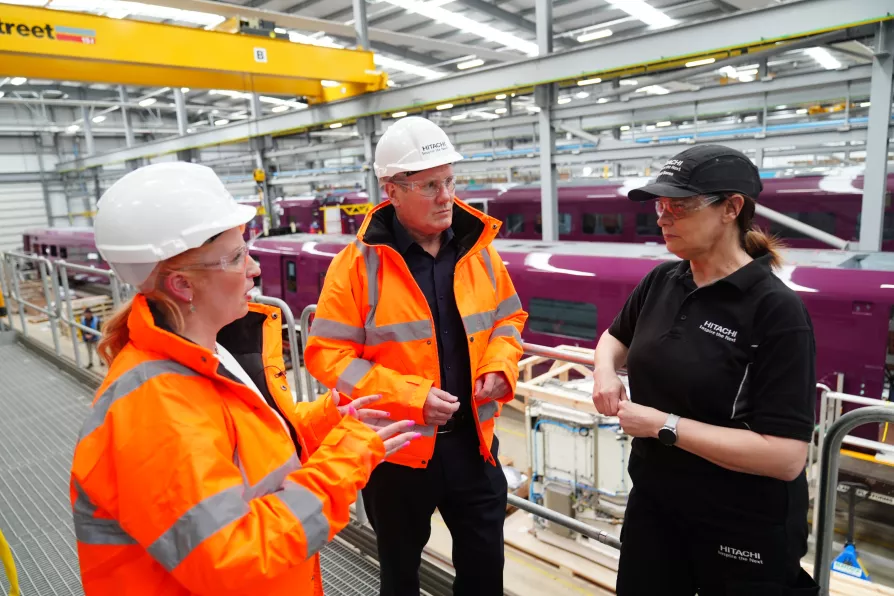Labour pledges first steps to public railway
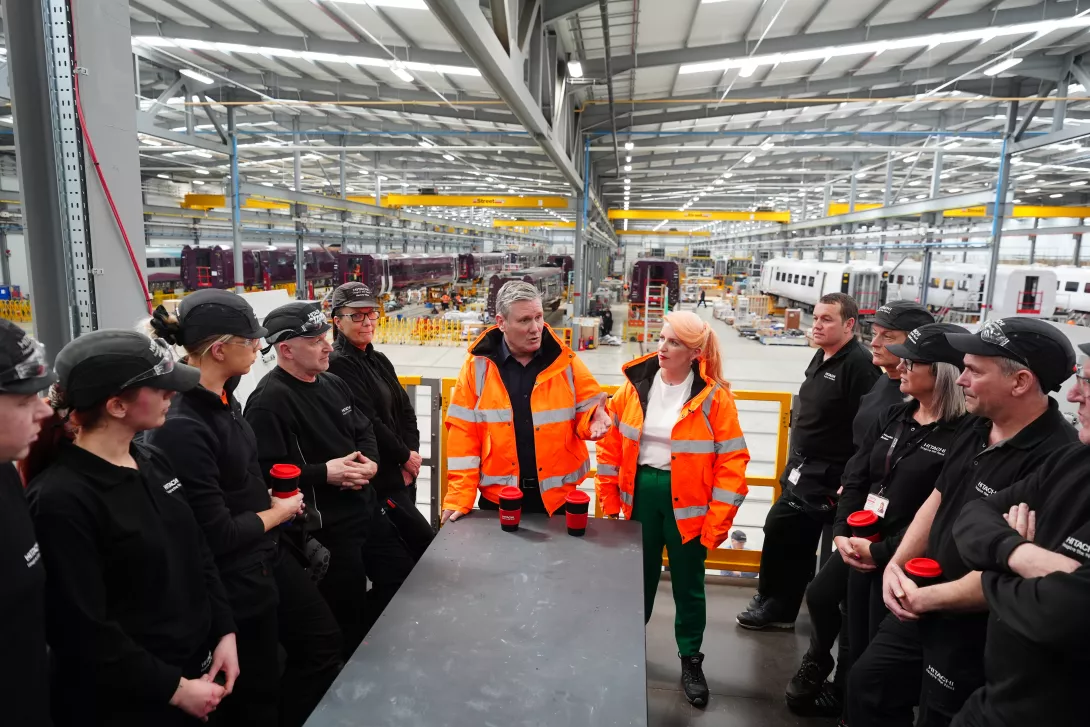
LABOUR has pledged a railway revival, announcing plans yesterday to bring most of the privatised industry back into public hands.
In proposals broadly welcomed by unions and campaigners, shadow transport secretary Louise Haigh confirmed that train franchises will be taken into the public sector as and when contracts expire if the party wins the next general election.
This will mean the whole network will join infrastructure owner Network Rail in a publicly-run system within the first term of a Labour government.
More from this author
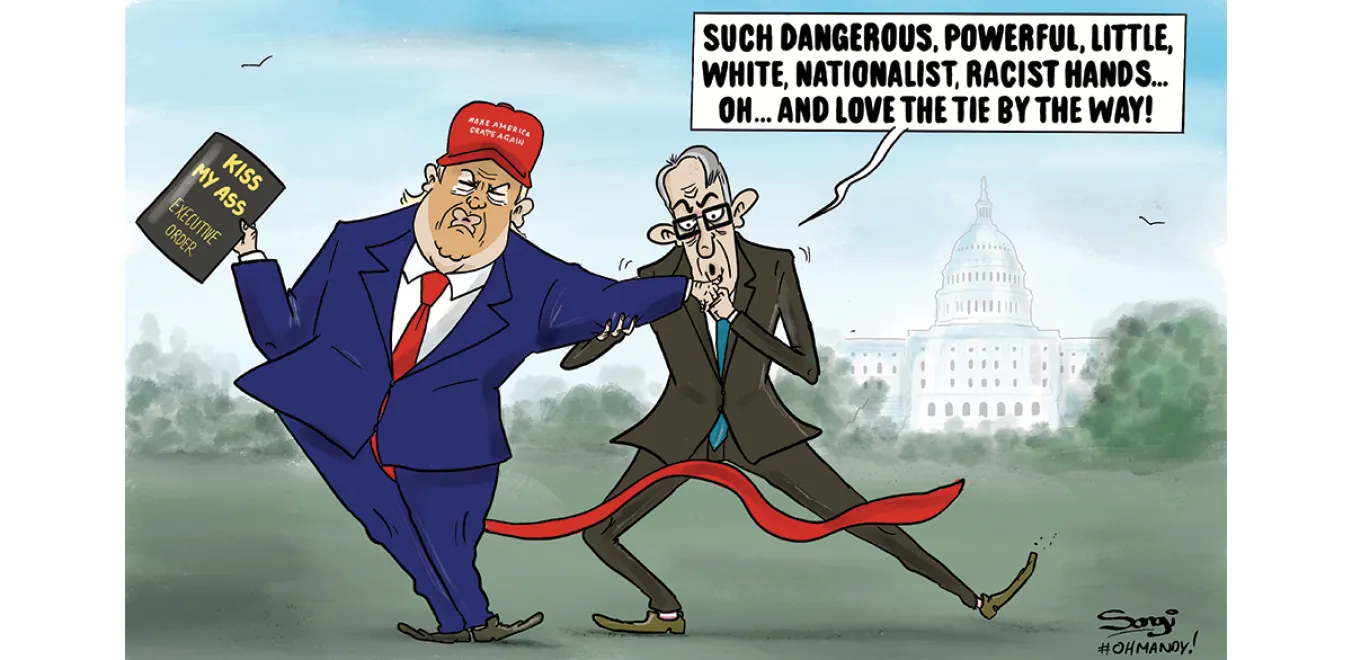
ANDREW MURRAY surveys a quaking continent whose leaders have no idea how to respond to an openly contemptuous United States

Hundreds protest outside Westminster Magistrates’ Court as Stop the War Coalition and Palestine Solidarity Campaign activists attend court
Similar stories
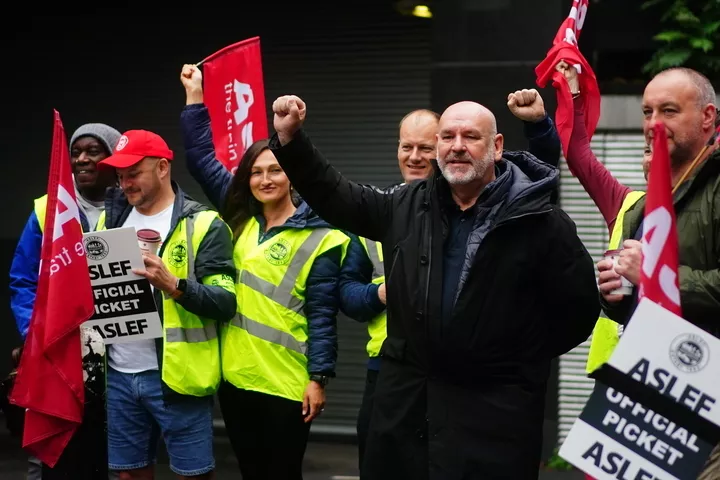
Aslef general secretary MICK WHELAN writes for the Morning Star on the eve of the TUC in Brighton, about the pay offer from the DfT, relations with the Labour government, and the union’s motion at Congress calling for the renationalisation of rail freight
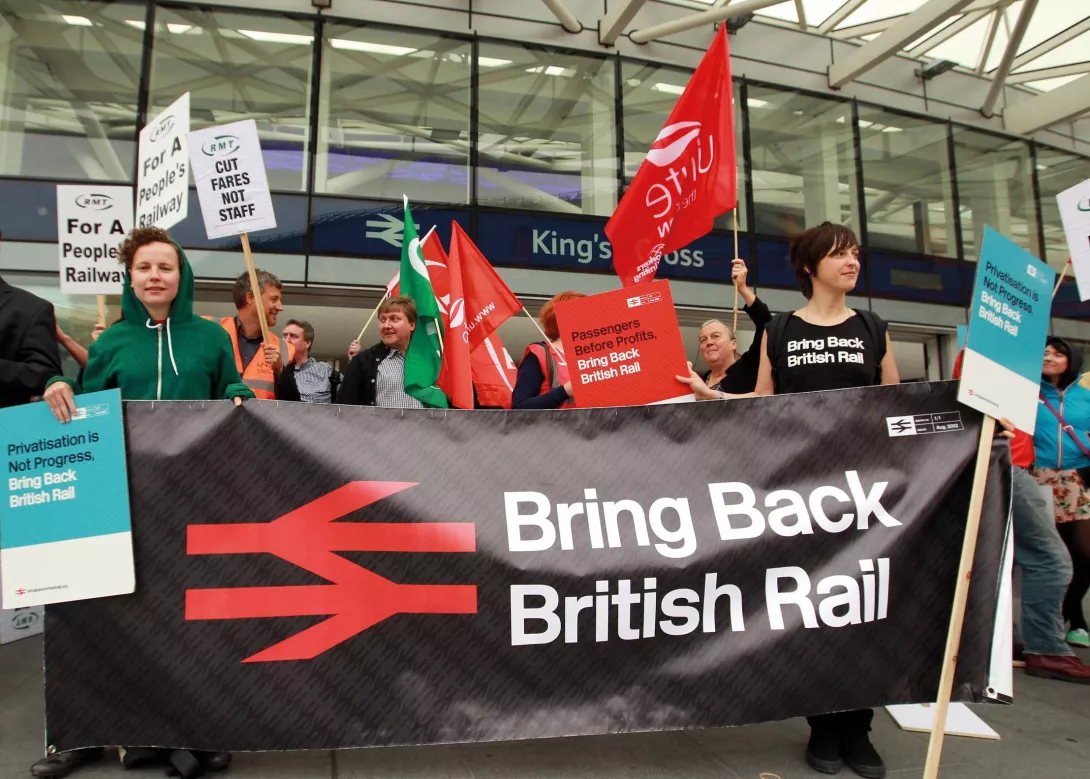
One thing about an incoming Labour government looks great: taking the railways into public ownership. But we won’t actually own the trains, warns SOLOMON HUGHES










